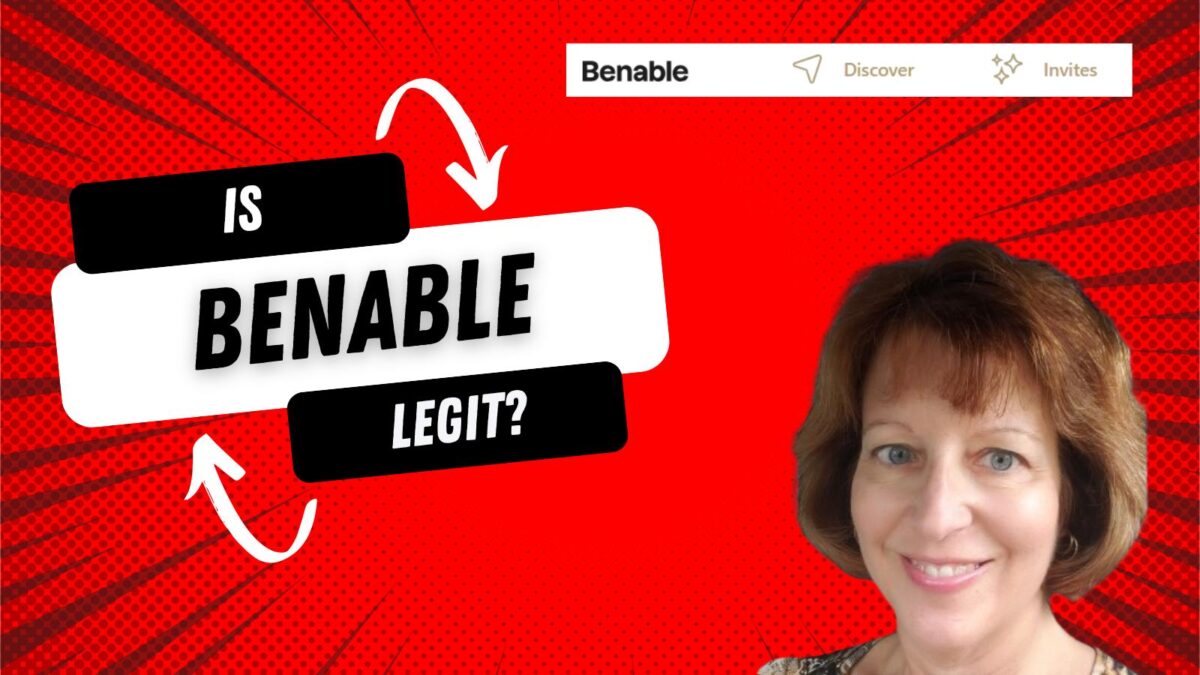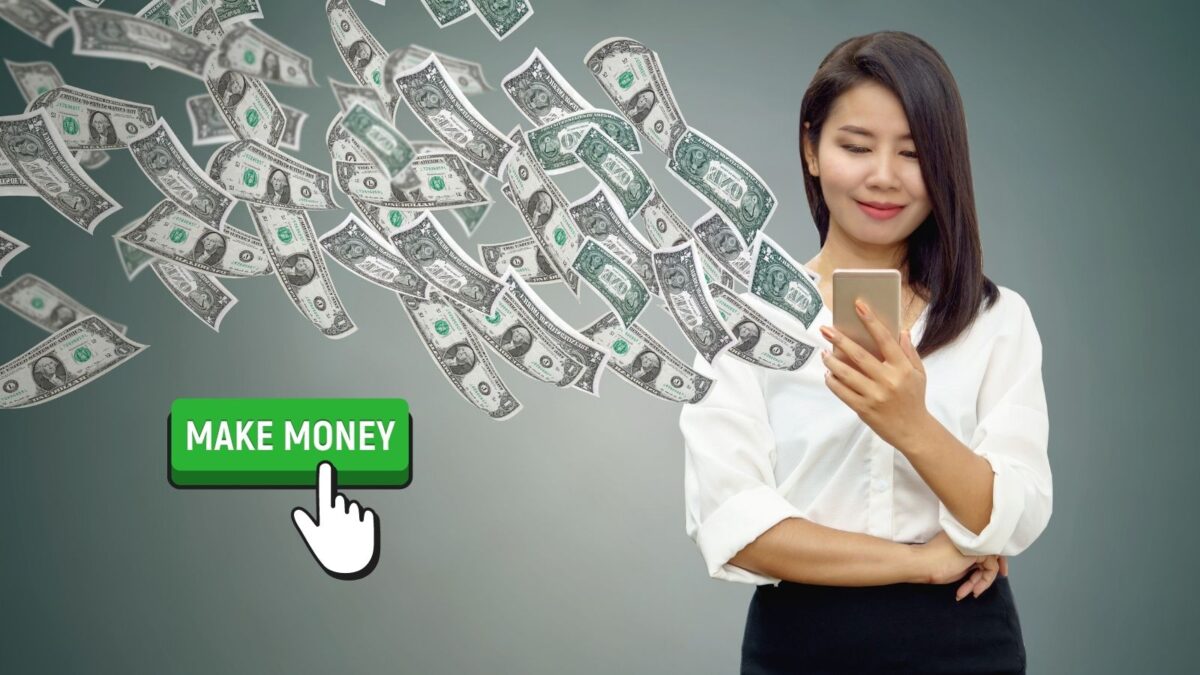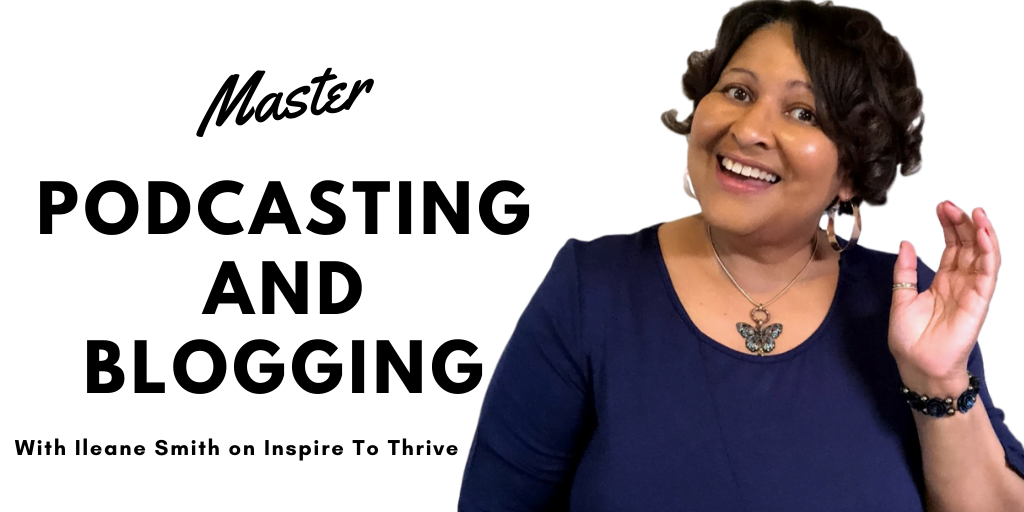Have you thought about selling merch on your blog?
If you’re serious about blogging, you need to consider all the different income sources available. The more ways you have of making money, the more money you can make!
In turn, the more money you have to put back into your blog and improve it – not to mention the fact you could earn enough to make this your full-time job.
Yes, different income sources exist, but today’s post is all about the merchandise. Selling merch on your blog can be a genius way of making money and cultivating a loyal following.
Is this something you’ve been considering but don’t know how to start?
Read this beginner’s guide to finding all the key points you need to understand on selling merchandise on your blog as well as on the Facebook marketplace:
Table of Contents
What Type of Merchandise Should You Selling on Your Blog?
Honestly, the floor is yours with this one. You can sell mugs, clothing, candles, coasters, and all sorts of other accessories and things people might use.

If your blog is about a specific topic, perhaps consider selling things relating to that. E.g. your blog about fitness, so sell drinks bottles or protein shakes with your brand on them.
The issue isn’t so much what you sell, it’s the quality of the products. They need to be of a high standard to justify selling them to people.
You also need to work on the designs to ensure they align with your branding.
Funnily enough, selling branded merch is also a way of advertising your blog. If you have a t-shirt with your brand on it, other people may see it and then do a cheeky Google to find out who the brand is.
How Do You Set Your Merchandise Pricing?
This is arguably the biggest point to consider. A lot of bloggers try selling merch on their site, only to run into a lot of resistance. What’s the problem?
Audience members think that the merch is ridiculously overpriced. Again, this is where the quality of your products is extremely important.
If your items are made from top-class materials, you have more justification for selling them at a higher price.
Still, expensive merch can scare people off and make them feel like you’re trying to rob them. Likewise, very cheap merch leaves people wondering how good it is.
This is where using something like the Van Westendorp analysis is extremely helpful. In essence, this is an analytical method where you ask your audience about different price points.
There’s more info on the technique online, but the gist is that you understand what sort of prices are acceptable or not.
From here, you can price your merch accordingly, keeping your audience happy and increasing the chances that they’ll actually spend money.
What’s the Best Way to Sell Merch on Your Blog?
Realistically, the best way to sell your merch is via a store on your website. There’s no need to set up a separate site for this; you can integrate a shop to your existing blog with relative ease.
It depends on the current platform you use, but you can set up things like a Shopify store, WooCommerce with WordPress, or a Wix Storefront.
Either way, you will have a section on your site that looks and functions as a store. People can browse the listings and order directly from you.
Ordering merchandise is also critical – you need to make it as seamless and trustworthy as possible.
This is why setting up a proper online store works super well. Here, you have access to secure checkouts that make it easy for people to pay.
If you can offer PayPal and other payment methods, it is even better. You offer more ways for people to pay, letting them choose their preferences.
They feel safe and secure, increasing the likelihood that they’ll actually buy things from you.
How Often Should You Update Your Merch?
The key to selling a lot of merch is to keep everything fresh. Creating a set stock of items and selling them forever might work initially. But there comes a point where nobody buys anything anymore.
Instead, you need to keep updating your store with new and exclusive products. If you make things available for a set period, it gives your audience more incentive to buy them.
Furthermore, if you have loyal audience members that are keen to support you, they will buy more merch as it’s released. This could include new clothing designs, new products, and so on.
My blogger friend Dana loves using Creative Fabrica for her printables store. It is a haven for people, like you, to find stunning & affordable graphic design elements to use for selling merch on your blog.
These can be used on products and online. I’ve purchased tee-shirts and sweatshirts with the Inspire To Thrive logo from Dana and love her products.
To Conclude Selling Merchandise on Your Blog
With this advice, you should be able to start selling merch via your blog. Set up an online store on your site, decide what merch to sell, then sell it!
Have you tried selling merchandise on your blog? What type of things are you selling on it?
- How To Make a Facebook Post Shareable: 7 Simple Steps - July 18, 2025
- What Ever Happened To Blogging For Fun? Finding Fun Again - July 17, 2025
- How To Make A Tweetstorm On Twitter X and Gain Visibility - July 17, 2025




Lisa, good morning!
Glen Sheppard recommended I check out your blog, both as an example of how to do it, and for some good advice. Thank you! I’m just starting out, been having some issues and just seeing how you do things is a lot of help. I’m still a bit down the road from selling merch, but its good to know there’s a right way to do it. I’ll definitely be reading more of your posts for more advice!
Hi Charles, Good afternoon. Welcome to Inspire To Thrive. Glad to hear the blog here has been of help to you. I’m sure you will be able to sell merch in the coming year on your blog. Thanks for your input and have a great rest of the day.
in my experience audience always argue with the expensiveness of the product but how you turn this argument into a business that’s all this is about.
Hi David, excellent point and that you must prove the worthiness of a product. That it will solve a problem for the user. Thanks for coming by and have a great day!
Indeed thats the whole point. Have a good day to you too.
Hey Lisa,
I so appreciate the mention!
Yep, there are quite a few ways to sell merch on the blog. My personal fav is to just link to whatever existing store/platform I’m using, but there are enough options for anyone and you covered them perfectly here. At some point, I’ll look more into integrations as well.
I do LOVE Creative Fabrica and sites like that and it’s easy enough for me to gush about them on my blog and in the video tutorials. And I’m glad you enjoyed the Inspire to Thrive merch. I had fun creating those for you.
Love this post, as usual.
Enjoy the rest of the day, Lisa.
Hi Dana, you are welcome! I thought your blog was a good example of selling merchandise. Yes, those integrations can mean more dollars in the future for you. Thanks for coming by on this one and have a great new week ahead Dana!
Hey Lisa,
The world of online selling will show you where and how A customer purchases a product from your online store You Start a blog Blogging is still one of the most popular content marketing methods.
Hi John, yes, blogging sure is as you can provide a lot of useful information to readers about products and services. Many e-commerce stores miss out on it! Thanks for coming by on this one and make it a great weekend!
Hey Lisa
Your post is very helpful and informative for all readers and for me also.
A lot of bloggers try selling merch on their site, only to run into a lot of resistance.
Your advice is right To Conclude Selling Merchandise on Your Blog.
Thank you
Sweety
Thanks Sweety. Welcome to Inspire To Thrive. You are right, it is not easy and one must carefully plan content first. Thanks for coming by and have a great day.
Hi Lisa,
My daughter sells merch on her blog. She uses WooCommerce and it works great for her.
I’m not selling merch on any of my blogs but I’m considering adding the merch shelf to my YouTube Channel.
Hi Ileane, That’s great that she is doing that! What kind of products may I ask? I thought you had the Amazon products on one of your sites, no? I know I purchased some. Thanks for the input and have a great rest of the day Ileane.
Nicole sells courses, books, events and memberships to the Better Than Success Real Estate League.
Yes, I do have the Amazon widgets on my blogs but I don’t earn much from them. Most of the sales come from word of mouth and my YouTube videos. Thanks for using my affiliate link!!
Thanks Ileane for sharing that with us! Hmm, maybe change where those Amazon links appear? Just a thought!